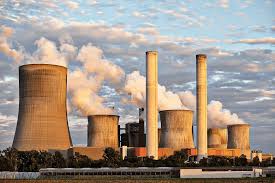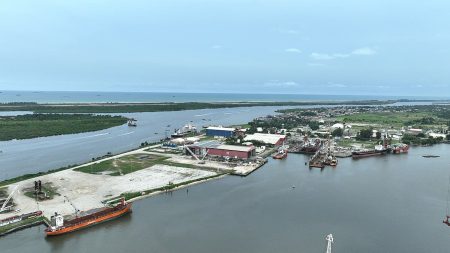
*Rate of return on U.S. project lowered on polyethylene margins
*Company disagrees with SARS on 11.6 billion Rand tax bill
21 August 2017, Johannesburg — Sasol Ltd. lowered estimated returns at its $11 billion Lake Charles chemicals project in the U.S. and said it’s disputing a revised tax bill in South Africa.
Sasol, the world’s biggest producer of liquid fuel from coal, projects an internal rate of return of 7 percent to 8 percent at Lake Charles, which will convert ethane into plastics and other products. The range is based on “conservative” ethane prices and compares with a previous estimate of about 8 percent, co-Chief Executive Officer Steve Cornell told reporters on a call Monday.
The Johannesburg-based company reran the numbers after “limited structural changes” to the market since February, when it last published long-term IRR estimates, it said in an earlier statement. Sasol’s weighted average cost of capital for the project is 8 percent.
The return estimate is lower “because of the views in the industry primarily around polyethylene margins pushing it down,” Cornell said. The cracker still remains cost competitive and is at the lower end of the cost curve for ethylene producers, according to the company.

Sasol, which on Monday reported full-year earnings that beat analyst estimates, said last year the cost of the project in Louisiana had escalated by almost 25 percent, prompting the company to make cuts elsewhere.
Capital expenditure at Lake Charles reached $7.5 billion as of June 30 and the project is on schedule and on budget, the company said Monday.
Tax Exposure
Sasol said it is disputing an assessment by the South African Revenue Service for 2013 and 2014 that could result in a “potential tax exposure” of 11.6 billion rand ($880 million). The company submitted an objection and has resolved with SARS to suspend payment, it said.
The assessment follows a dispute between the revenue service and the company over its international crude-oil procurement activities.
“We’re confident that the business structure that we have in place to acquire oil for the company is very similar if not identical to what almost all the other major oil companies around the world do,” Cornell said in an interview at Sasol’s offices.
There could also be a further contingent tax liability for the years since 2014, Sasol said.
The company last week was granted leave to appeal a court ruling it lost over the procurement for a liability of 1.2 billion Rand.
Sasol’s earnings excluding one-time items for the year through June fell 15 percent to 35.15 Rand per share. That beat the 34.66 Rand average of analyst estimates compiled by Bloomberg. Profit was hurt by a stronger rand and lower oil price, the company said.
Asset Review
Sasol is looking at all assets around the world to see “if they’re value accretive, are they meeting our return hurdles, where it fits in with strategy,” Cornell said. The company expects to share findings from that review by the end of the year.
Sasol benefits when the Rand is weaker because most of its products are sold in dollars, while its costs are mainly in the South African currency. The rand strengthened by 11 percent against the dollar over the 12-month period.
Sasol expects the rand to trade in a range of 13 to 14.50 per dollar in the current financial year. Average Brent crude oil prices are seen at $45 to $55 a barrel.
The company’s shares rose 1.4 percent to 395.96 Rand at 1:50 p.m. in Johannesburg, paring this year’s decline to 0.7 percent.
*Paul Burkhardt – Bloomberg



